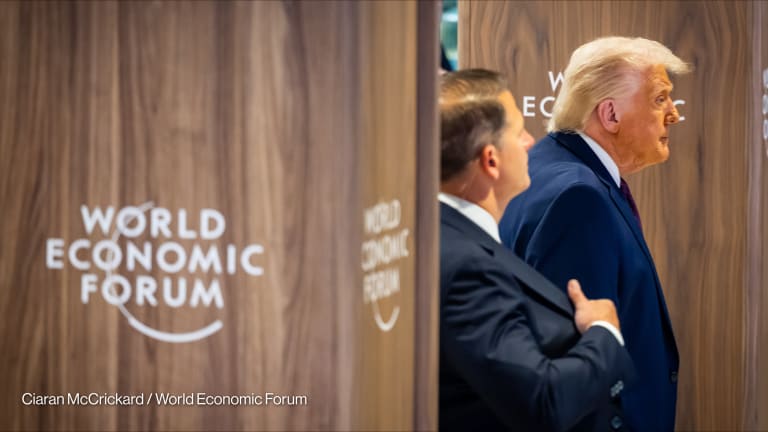Discussions in the global development and humanitarian sectors are becoming more vocal about their failings. As a long-time development practitioner from the so-called global south, instead of encouraging me, these conversations are becoming more and more angering and frustrating, and it is getting harder for me to participate in them.
For the last three years, after finally deciding to leave the development aid sector after almost 30 years, I found a new voice in challenging its inequities. This was via the “decolonization of aid” mantra that suddenly swept the industry during the initial months of the COVID-19 pandemic. It spread rapidly among a select group of us who were tired of the old colonial practices still in existence in a post-colonial era of “white people” coming and telling the rest of us what to do. It was further bolstered by adding “localization” and “shift the power” to its repertoire. And thus, a new industry within an industry was born.
I lapped it up as much as anyone else, desperate to find a way to express the anger and frustration I had felt throughout my career toward the development programs that were imposed upon us by the so-called global north. And for a while it felt as if those of us who the development system had stifled through its U.S.- and Euro-centric, autocratic control were finally getting the chance to tell our side of the story. But soon, cracks began to appear.








